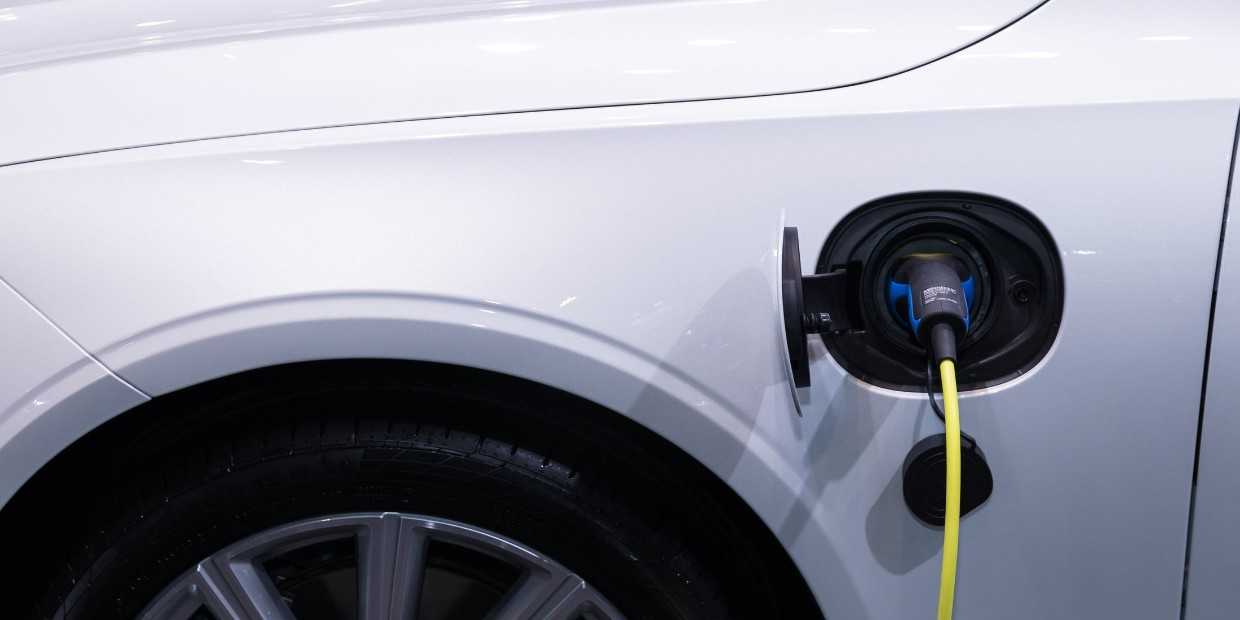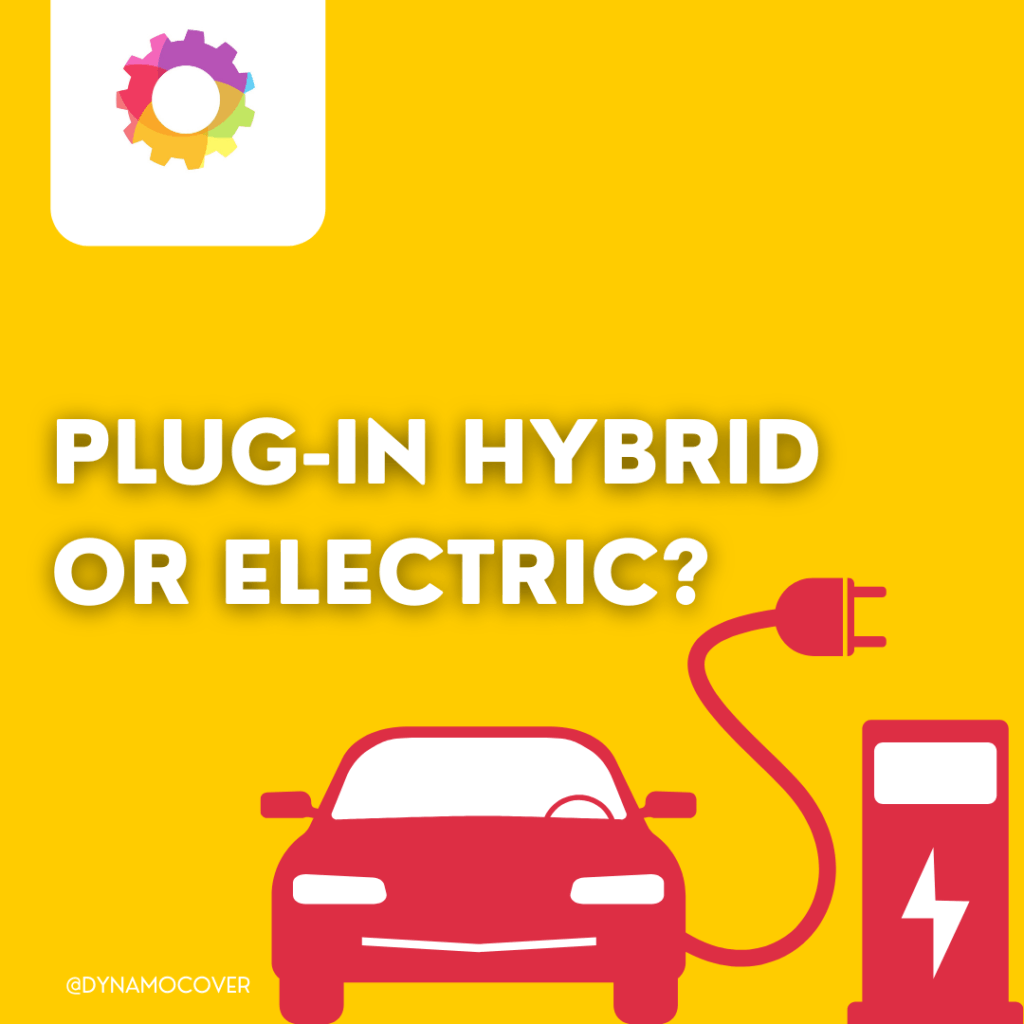With the rise of plug-in and electric vehicles entering the UK market, it can be slightly confusing as to which one to go for. However, to help you make an informed buying decision, we’ve put together the below guide to help you identify the difference between the two.
According to the Society of Motor Manufactures and Traders (SMMT), over 63,000 electric cars were sold in the first 11 months of 2019 and it has been growing steadily ever since! There are now over 35.9 million motorists in the UK, with over 32.7 million cars on the road. Currently, 710,000 of those vehicles are plug-in hybrids and 320,000 are electric.


How Many Were Bought?
In 2021, 11.6% of the UK New Car Market were electric cars and 15.9% were hybrid / plug-in hybrid models.
What Is A Plug-in Hybrid?
A plug-in hybrid is made up of a combustion engine and an electric motor, where the electric motor can be charged via an external electric power source. They are often abbreviated as a “PHEV” and their main advantage is that they offer lower C02 emissions when compared to petrol or diesel cars. Many models also allow you to drive purely on the electric motor up to a certain speed too.
What Is The Number 1 Plug-in Hybrid Car?
In 2021, the BMW 330e was the number 1 plug-in hybrid car bought in the UK with just under 11,000 units sold.
What Were The Top 10 Plug-in Hybrids?
- BMW 330e – 10,979
- Mercedes A250e – 6,495
- Volvo XC40 Recharge – 6,362
- Ford Kuga Plug-in Hybrid – 6,317
- Audi A3 TFSIe – 5,755
- Range Rover Evoque P300e – 4,537
- BMW X5e – 3,703
- Range Rover Sport P400e – 2,919
- SEAT Leon e-Hybrid – 2,736
What Is An Electric Car?
An electric car is built with an electric motor instead of a combustion engine. Often abbreviated as an “EV”, they are the answer to going “green” because they have less running costs and are better for the environment.
How Do Electric Cars Work?
Powering up an electric car is quite similar to charging up your phone. If you are running low on power, you simply plug it into a compatible charging point. When connected, your car will be charging up the batteries that in turn powers up the motor. The charging points are accessible on the road such as in car parks or on the street side but you can also install an EV charging station at your home.
What Is The Number 1 Electric Car In The UK?
In 2021, the Tesla Model 3 was the number 1 electric car bought in the UK with nearly 35,000 models registered.
What Were The Top 10 Electric Cars?
- Tesla Model 3 – 34,783
- Kia e-Nero – 12,000
- VW ID.3 – 11,032
- Nissan Leaf – 9,052
- Audi e-Tron – 7,396
- Hyundai Kona Electric – 7,199
- Mini Electric – 6,615
- Renault Zoe – 5,778
- Vauxhall Corsa-e – 5,605
- MG ZS EV – 5,380
The Average Price of a Plug-in Hybrid V Electric Car?
The average price of an Electric car is £44,000, which is approximately £2,000 more than the petrol or diesel equivalent for plug-in hybrids!
Conclusion
We hope the above post has helped you identify the difference between plug-in hybrids and electric cars! Are you thinking of making the switch this year? If so, you may want to consider our GAP insurance policy to ensure your new car is covered. We also offer an extended warranty policy as well as breakdown cover in case you ever need it!
Sources
- https://www.thecarexpert.co.uk/the-ten-best-selling-electric-cars-of-2021/
- https://www.nimblefins.co.uk/average-cost-electric-car-uk
- https://www.drivingelectric.com/news/678/electric-car-sales-uk-more-evs-registered-in-2021-than-previous-five-years-combined
- https://www.nimblefins.co.uk/cheap-car-insurance/number-cars-great-britain

